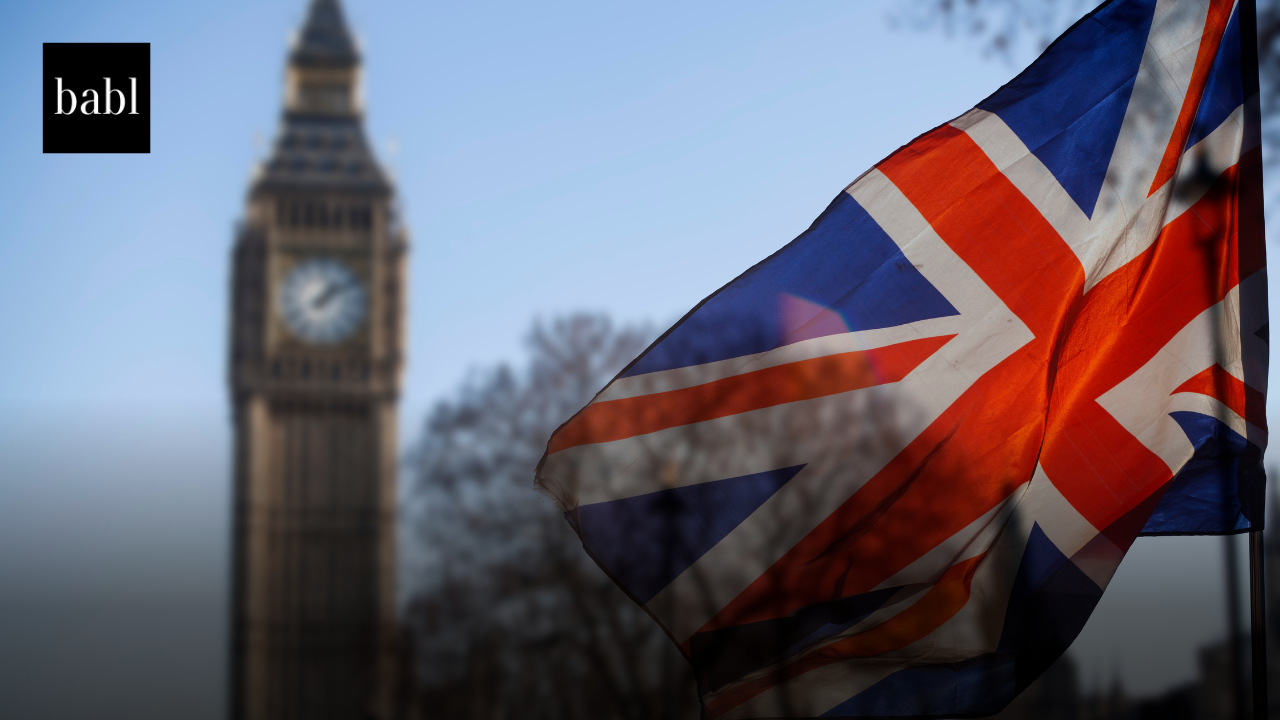UPDATE — JULY 2025: Since the UK government announced plans in 2024 to criminalize sexually explicit deepfakes, the proposal has advanced through Parliament but is not yet law.
Key developments show steady progress:
- The government introduced an offense targeting the creation of deepfake sexual images without consent. This measure builds on the Online Safety Act 2023, which had already outlawed sharing such content. Under the new offense, creators and distributors of deepfakes face unlimited fines and possible prison terms.
- Lawmakers pushed the measure through amendments to the Criminal Justice Bill and the Data (Use and Access) Bill. These amendments expand protections under existing image-based abuse laws, such as cyberflashing and voyeurism.
- In January 2025, the government changed course on a key issue. It removed the requirement for victims to prove the perpetrator’s intent to cause harm, humiliation, or sexual gratification. Instead, the focus rests solely on consent. Advocates welcomed this shift, saying it lowers barriers to justice.
- Although the deepfake creation offense has not yet received Royal Assent, debates continue into 2025. The proposal remains active and central to ongoing legislative deliberations.
- Broader reforms connected to the effort include longer sentences for abusive sexual behavior resulting in death. Lawmakers also extended voyeurism offenses to cover non-consensual images of breastfeeding.
- The deepfake crackdown is part of the UK’s wider strategy to combat violence against women and girls. Officials now classify that violence as a national threat, requiring stronger law enforcement responses.
In short, the UK continues to move toward criminalizing deepfake image creation. While some changes are already in effect, the new offense is still progressing through Parliament as of July 2025.
ORIGINAL NEWS STORY:
UK Government Introduces Crackdown on ‘Deepfakes’ Creation
The British government has announced tough measures to stop the creation of sexually explicit deepfakes. These manipulated images and videos, often non-consensual, have spread quickly online and caused significant harm to victims.
Under the new law, individuals who create deepfake sexual images without consent will face prosecution and unlimited fines. Offenders who share these images could also face prison time. The legislation aims to address the growing use of deepfakes, which cause distress worldwide.
This initiative, spearheaded by the Ministry of Justice and Laura Farris MP, underscores the government’s commitment to protecting women and girls from online abuse and exploitation. The move follows last year’s reforms in the Online Safety Act, which criminalized the sharing of deepfake intimate images for the first time. Minister for Victims and Safeguarding, Laura Farris, condemned the creation of deepfake sexual images as “despicable and completely unacceptable,” emphasizing the government’s zero-tolerance approach towards such malicious activities. Farris highlighted the potential catastrophic consequences of sharing such material and reiterated the government’s determination to hold perpetrators accountable.
The proposed amendment to the Criminal Justice Bill expands on existing legislation, introducing new criminal offenses to punish individuals who create or distribute intimate images without consent. These measures build on previous initiatives, including the ‘upskirting’ offense, aimed at addressing various forms of image-based abuse. The government’s efforts to combat violence against women and girls have been further reinforced by reclassifying it as a national threat, prioritizing law enforcement responses to such offenses. In a landmark case, Nicholas Hawkes was sentenced under the new Cyberflashing offense, highlighting the government’s commitment to tackling online sexual harassment.
Conclusion
The announcement has been welcomed by campaigners and organizations advocating for women’s rights and online safety. Cally Jane Beech, a campaigner and former Love Island contestant, hailed the new offense as a significant step towards strengthening laws to protect women. Similarly, Deborah Joseph, European Editorial Director of GLAMOUR, emphasized the importance of putting women’s safety at the center of the legislative agenda.
In addition to addressing deepfake creation, the government has introduced amendments to the Sexual Offenses Act 2003 to extend voyeurism offenses to cover non-consensual images of breastfeeding. Furthermore, reforms in the Criminal Justice Bill will impose longer sentences for offenders who cause death through abusive sexual behavior or ‘rough sex,’ reflecting the government’s commitment to justice for victims of sexual violence.
Need Help?
If you’re wondering how these measures, or any other AI regulations and laws worldwide could impact you and your business, don’t hesitate to reach out to BABL AI. Their Audit Experts can address your concerns and questions while offering valuable insights.





